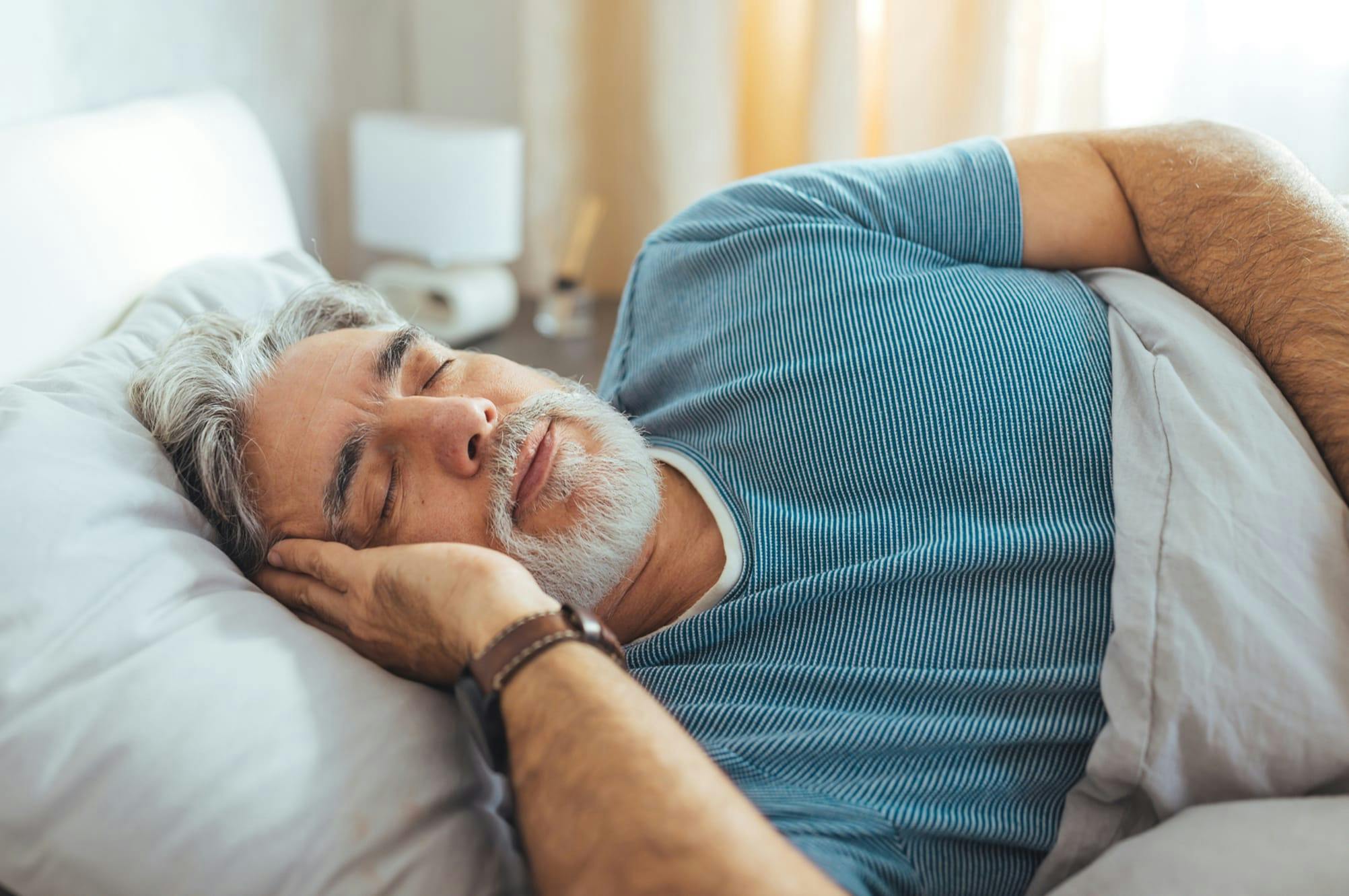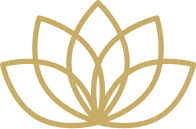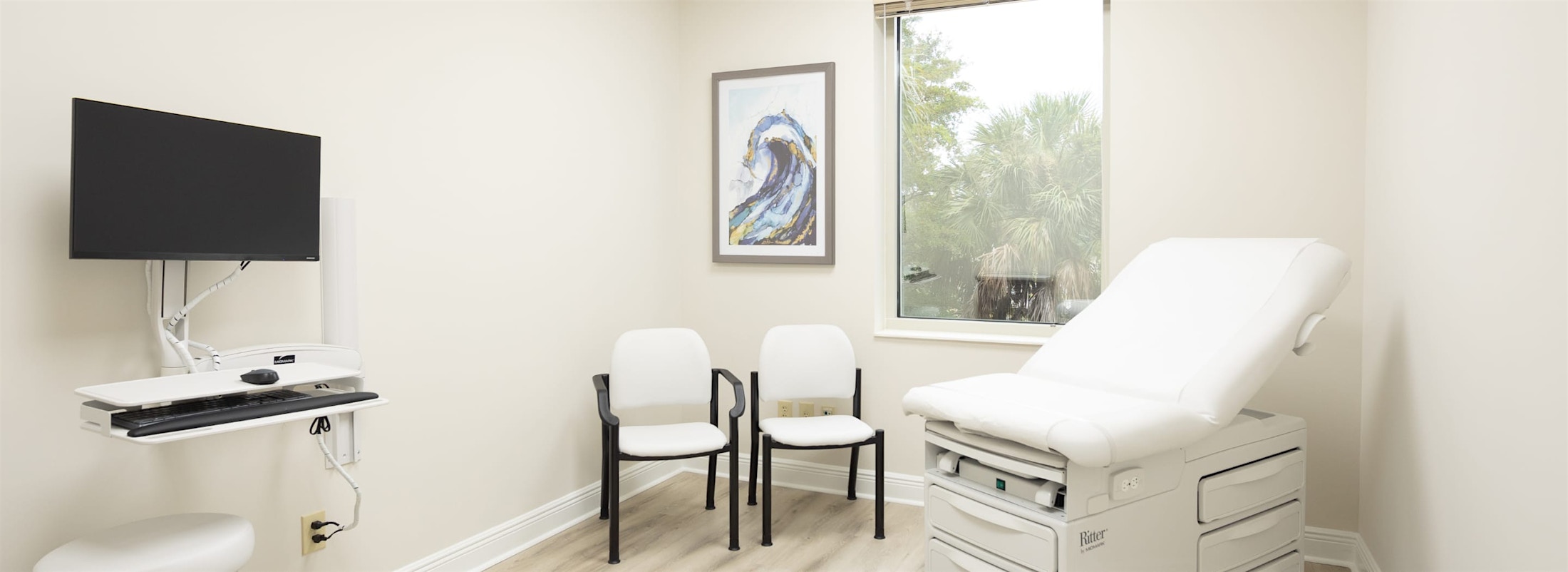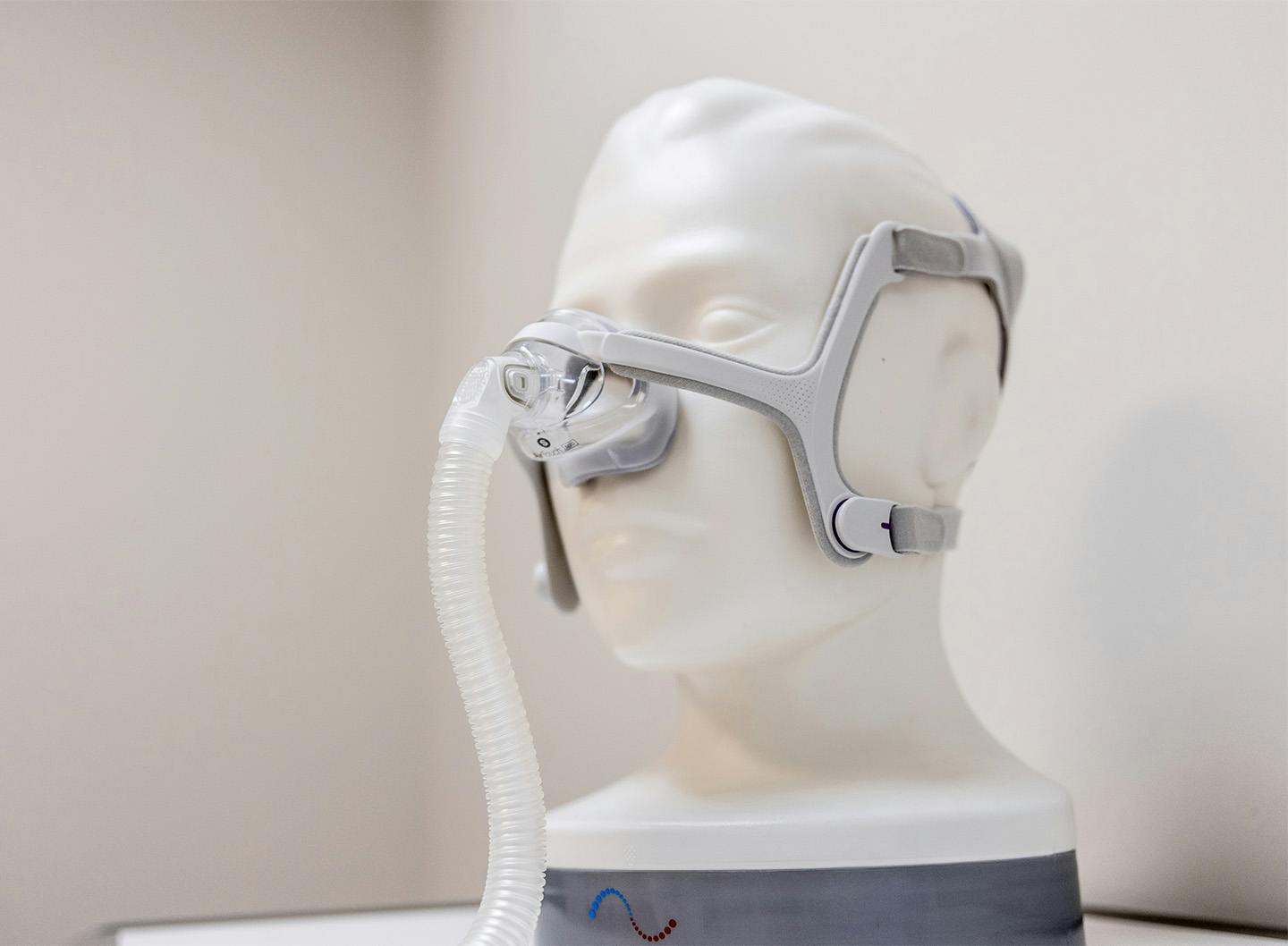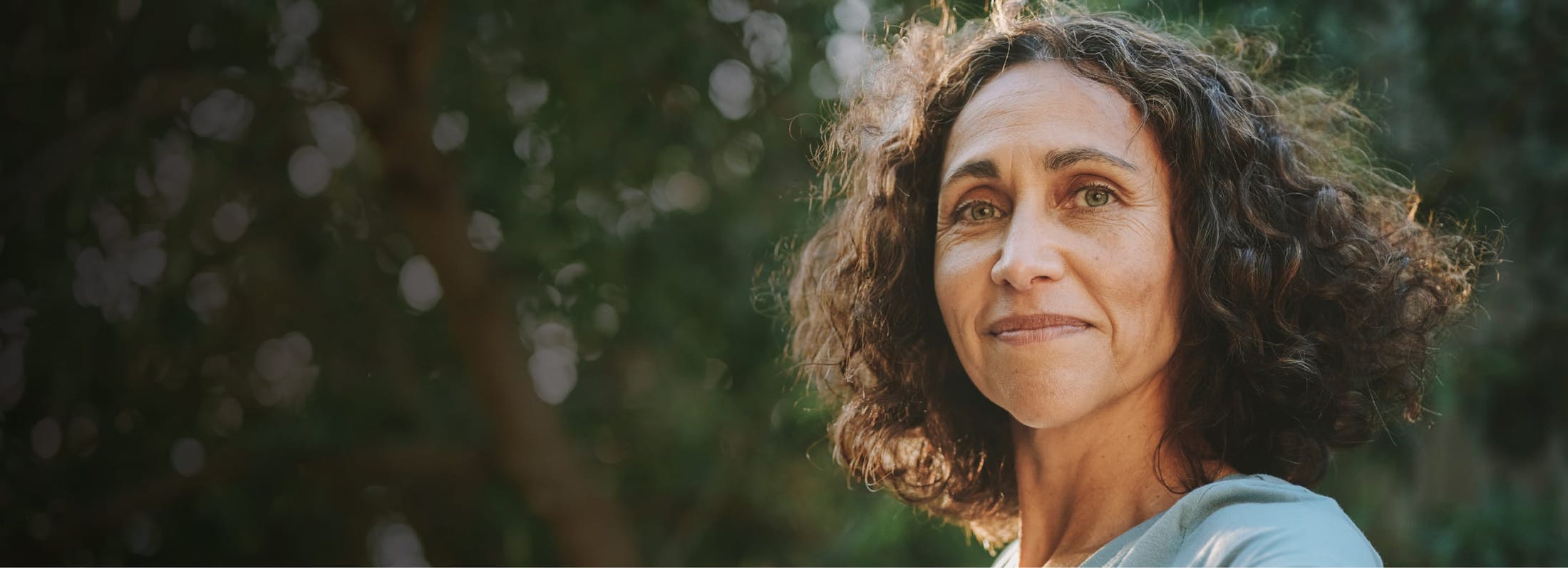With a home sleep study, our doctors can determine if you have sleep apnea and help you get the treatment you need to enjoy quality sleep.
What Is a Home Sleep Study?
A home sleep apnea test (HSAT) is an overnight test conducted outside of a hospital or sleep lab. It can also be referred to as a home sleep test (HST), an out-of-center sleep test (OCST), an out-of-center (OOC) recording, or a polygraph (PG). This type of testing can accurately diagnose obstructive sleep apnea in some, but not all, people. Type 3 Home sleep apnea tests measure the following information:
- Respiratory effort: This is a measure of how well you breathe in and out. Some at-home sleep apnea tests use a belt placed around the chest to measure how your chest rises and falls as you breathe.
- Airflow: With some tests, you place a device called a nasal cannula inside each nostril to measure the flow of air into and out of your nose.
- Snoring: Some tests can detect snoring by using a chest sensor or nasal pressure sensor.
- Oxygen saturation: A device known as a pulse oximeter measures how much oxygen is in your blood. The device is usually placed on the tip of your finger.
- Heart rate: The pulse oximeter you wear on your finger typically also measures your heart rate.
- Body position and movement: Certain test devices include sensors that can detect your body position and movement.
- Peripheral arterial tone (PAT): PAT measures the change in volume of your finger artery, which corresponds to abnormal breathing events. Some at-home tests measure PAT as a way to track breathing, rather than measuring airflow or respiratory effort. These devices don’t require a chest band or nasal cannula.

